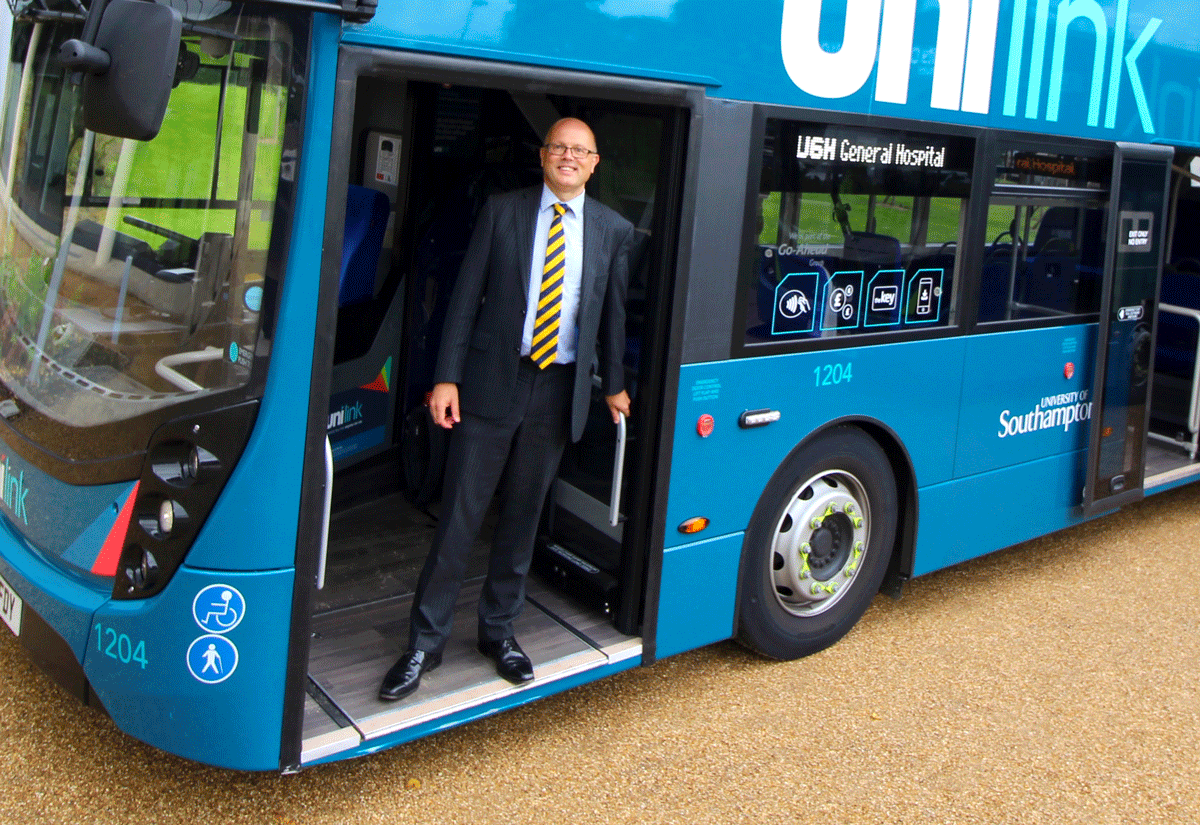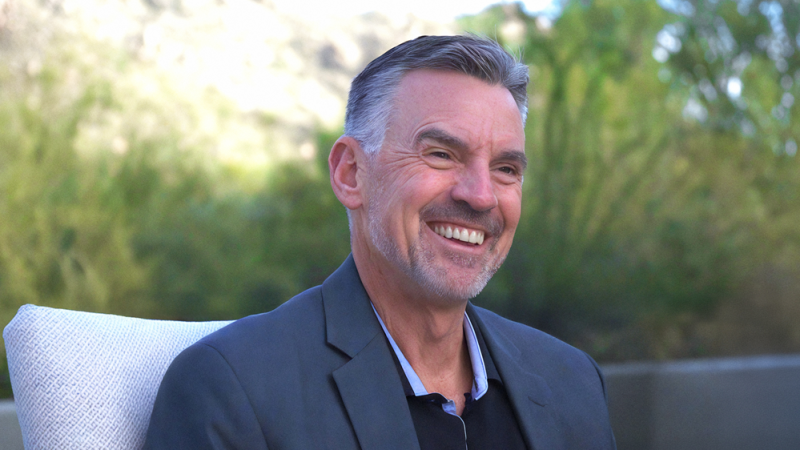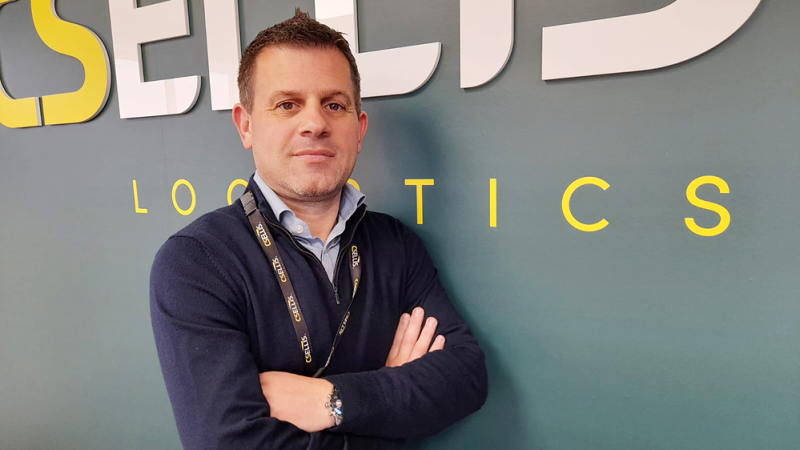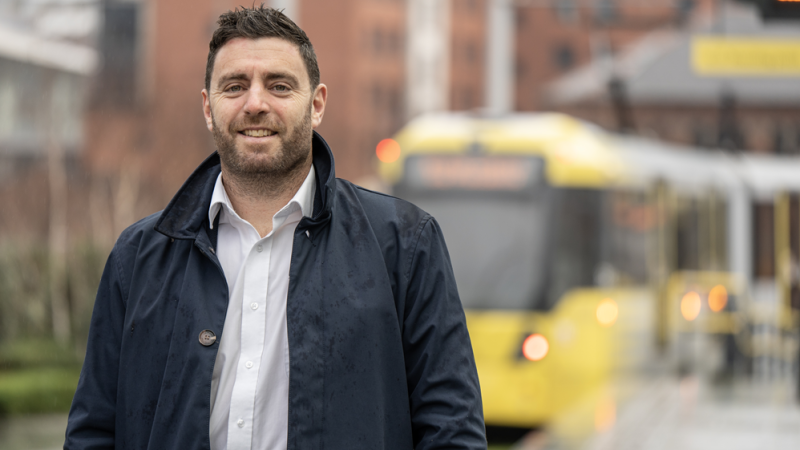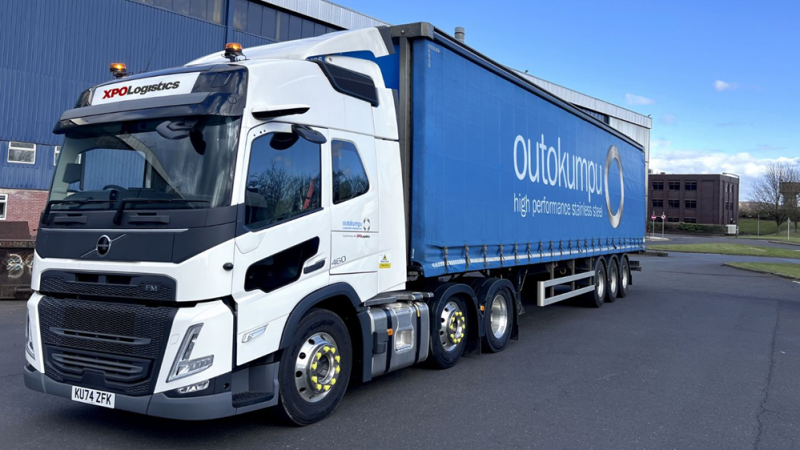Go South Coast, part of the Go-Ahead Group, one of the UK’s leading public transport companies, is a leading bus company in the South of England, managing a number of local bus operators in Dorset, Hampshire, Wiltshire, and the Isle of Wight. In addition, the company is also the owner of Hants & Dorset Trim, the industry’s leading bus refurbishment and repair company, as well as Excelsior, the provider of class-leading coach travel within the UK.
“Go South Coast currently employs 2,000 people and our fleet includes 850 vehicles which cover over 140 local and long-distance routes. All buses and coaches are locally branded to give the local identity of the towns and cities we operate in,” says Managing Director Andrew Wickham.
He himself has been involved in the bus industry for 37 years, 31 of which have been spent in the Go-Ahead Group, watching, and learning from the sector’s development over the decades, from pre-privatisation to today’s focus on green transport. “The UK public bus model is very different from Europe’s heavily subsidized public transport. Regardless of ownership, we all stand or fall by the number of passengers we carry. This means that the quality of customer service is pivotal.”
And that is something that Go South Coast can be rightly proud of. The company has collected many awards for its services, including Route One Large Bus Operator the Year (won most recently in November 2023) as well as UK Bus Operator of the Year, to name just a few.
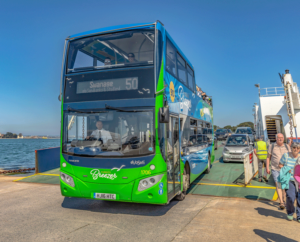 Proud achievements
Proud achievements
While winning an award is always nice, says Wickham, he affirms that there have been more significant achievements recently that have truly elevated the company to the position of a major bus operator.
For one, after the pandemic, when passenger numbers fell by 90%, the business has recovered remarkably well as the company, always putting people’s health and safely first, went to great lengths to make sure passengers felt safe to use buses again when travel restrictions were lifted.
However, the last three years have been not only about recovery but also about expansion. When one of the company’s competitors, Yellow Buses in Bournemouth, went into administration in August 2020 (the largest failure in the bus industry since 1990) Go South Coast managed, at two days’ notice, to recruit over 100 staff from the collapsed company and internally source 40 buses to cover the service.
“Yellow Buses ceased trading on a Thursday, and on the Saturday morning at 5.00 in the morning we replaced all their services. Such an astonishing mobilization has never before been achieved in the UK,” says Wickham. “Not only did we just get the buses out there, but each bus was labelled correctly. Each bus stop had the correct timetables inserted into it. The real-time system at the side of the road was updated by the local authorities so the change was as smooth as possible. Everyone did an incredible job.”
Eight months later, Southampton’s First Bus discontinued their operation, and again, Go South Coast stepped in, replacing their service. “We had ten weeks’ notice this time but still, what we achieved is just unheard of, it had never happened before. My teams of managers, engineers, drivers, and everybody else worked really hard to make that happen. And one of the most rewarding outcomes was that the people of those two failed companies could keep their jobs.”
People first
Wickham explains that the bus networks are mainly commercially operated, but there is significant involvement in the tendered local bus market, together with school and college services. The company currently holds prestigious contracts to operate bus services for the University of Southampton on the Unilink network, and Bournemouth University on the UNIBUS.
Go South Coast’s values are trusting people and taking personal responsibility, aiming to be the company that people want to work for, travel with and use. “We really do focus on providing the best service for our passengers by having well-trained employees, clean vehicles, and modern technologies.”
“This includes the contactless tap on and off payment system. The fare is capped at the day ticket price no matter how many times you travel in a day, or week ticket price during a week. But of course, we still take cash payments.”
“We also try to be a good, fair employer, not too inward facing but open to the external world. We try to communicate very directly with people and support our people and the communities where we operate,” Wickham affirms.
He admits that, as for any company, getting the right people is a challenge, but Go South Coast’s bus driver shortage is currently around 4%, which is one of the lowest in the industry, and does not limit the availability of bus services.
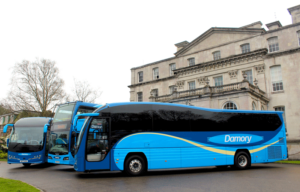 Towards zero emissions
Towards zero emissions
Wickham believes that people will start using public transport more, as the focus on sustainability and carbon reduction becomes more intense. “No matter how much you cut carbon emissions from personal vehicles, unlimited car use is not consistent with reducing carbon. People will have to get used to travelling by more sustainable methods, of which public transport, and particularly buses, are one.”
“Just one fully loaded double decker has the potential to take up to 75 cars off our roads, so the carbon saving is enormous. We are already seeing a clear shift, but more people have to get attracted to buses and more supporting initiatives are needed from local and central government. “
Reducing its carbon footprint is something Go South Coast considers a key strategic objective. To this end, in October 35 new Alexander Dennis Enviro400 low-emission buses, to serve in Bournemouth and the Isle of Wight, were added to the fleet. Each of the 35 buses seats up to 75 passengers and provides a comfortable journey experience with Alexander Dennis SmartSeats, mobile device charging and free wi-fi.
Building on its excellent customer service, the company is looking ahead with optimism. “Following the recent expansion, we will continue to focus on further improving the quality of service we offer to our passengers. Similarly, we will strive to be the employer of choice, supporting the wellbeing of our employees. And needless to say, we will progress towards deploying zero-emission buses. Given the number of buses we operate, the impact on the environment will be substantial.”
